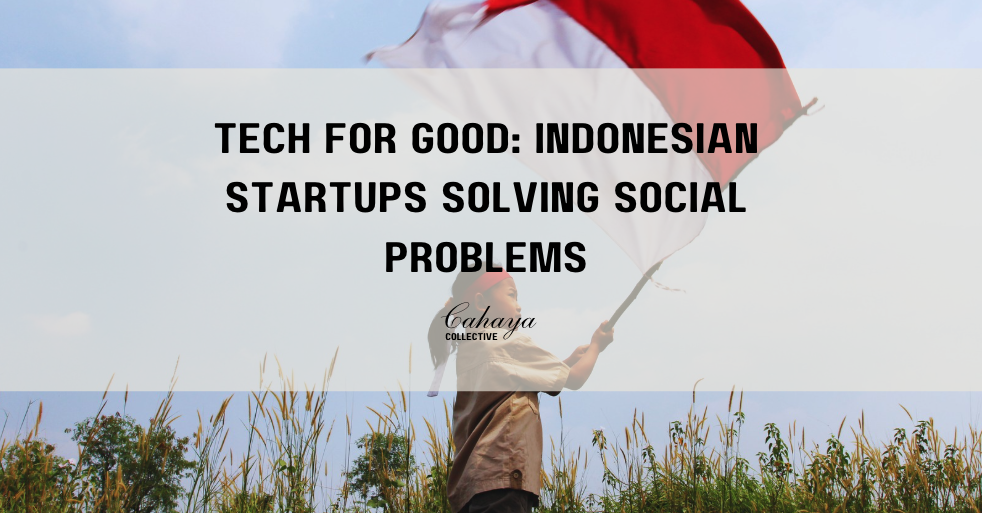
Smart Cities in Indonesia: Innovations in Urban Development Amidst Capital Transition
As Indonesia embarks on a historic transition of its capital from Jakarta to Nusantara, the nation’s smart city initiatives are gaining even more significance. This move, aimed at reducing the strain on Jakarta and promoting more balanced regional development, presents a unique opportunity to embed smart city principles in the very foundation of the new capital. By leveraging technology, Indonesia is transforming urban areas into more efficient, sustainable, and livable environments, addressing challenges such as traffic congestion, pollution, and resource management, while enhancing public services. This blog post explores the innovations driving Indonesia’s smart cities, the implications of the capital shift, and the opportunities and challenges that lie ahead.
The Rise of Smart Cities in Indonesia
Defining Smart Cities
Smart cities integrate information and communication technology (ICT) and the Internet of Things (IoT) to optimise urban resources, improve infrastructure, and enhance the quality of life for residents. These cities use technology to streamline processes and make data-driven decisions.
The Capital Shift: From Jakarta to Nusantara
The relocation of Indonesia’s capital from Jakarta to Nusantara on the island of Borneo marks a bold political and economic move. Nusantara is envisioned as a model smart city, where sustainability and technological innovation are central to its development. The transition aims to alleviate Jakarta's overpopulation and environmental challenges while fostering new growth in a less developed region.
Government Initiatives
The Indonesian government’s "100 Smart Cities" programme complements the capital relocation, aiming to develop smart city models across the country. This programme focuses on six pillars: smart governance, smart economy, smart living, smart environment, smart mobility, and smart people.
Leading Smart Cities
Cities such as Jakarta, Surabaya, Bandung, Makassar, and now Nusantara are at the forefront of Indonesia’s smart city movement. Each city, including the new capital, is implementing various initiatives to improve urban life and address local challenges.
Key Innovations in Smart Cities
Smart Mobility
Indonesia’s urban areas, particularly Jakarta, have long struggled with traffic congestion. Smart mobility solutions being implemented in these cities include:
- Intelligent Traffic Management Systems: These systems use sensors and cameras to monitor and manage traffic in real-time, reducing congestion and improving flow.
- Public Transportation Apps: Apps like Go-Jek and Grab provide real-time updates, encouraging the use of public transportation over private vehicles.
Smart Environment
Sustainability is central to smart city initiatives, especially in Nusantara, designed to be a green, eco-friendly city:
- Smart Waste Management: IoT-enabled waste bins optimise collection routes by notifying services when bins are full, reducing overflow and inefficiency.
- Air Quality Monitoring: Advanced sensors provide real-time pollution data, enabling authorities to take proactive measures to improve air quality.
Smart Governance
The move to Nusantara provides an opportunity to embed smart governance systems from the outset:
- E-Government Platforms: These platforms enable residents to access public services online, such as applying for permits and paying taxes, reducing bureaucracy and improving service delivery.
- Open Data Initiatives: By making government data accessible, smart cities empower citizens to participate in governance and hold authorities accountable.
Smart Living
Nusantara’s development prioritises smart living solutions to enhance quality of life:
- Smart Healthcare: Telemedicine and mobile health apps improve healthcare access, particularly important in remote areas around the new capital.
- Smart Education: Digital classrooms and e-learning platforms enable flexible learning opportunities, crucial for a region experiencing rapid development.
Smart Economy
The establishment of Nusantara as a smart city is set to catalyse economic growth through innovation and entrepreneurship:
- Digital Innovation Hubs: These hubs foster startups and entrepreneurship, driving economic diversification and job creation in the new capital.
- Smart Marketplaces: Online platforms link local businesses with a broader consumer base, promoting economic inclusion and growth.
Benefits of Smart Cities
Improved Quality of Life
Smart city technologies, especially in Nusantara, aim to enhance the quality of life by reducing congestion, improving environmental conditions, and providing better public services.
Economic Growth
Nusantara’s development as a smart city is expected to attract investment, boost productivity, and create new economic opportunities, driving regional and national economic growth.
Environmental Sustainability
Smart city initiatives in Nusantara are designed with sustainability at their core, aiming to reduce the environmental footprint and build resilience to climate change.
Enhanced Governance
Nusantara’s smart governance framework promises increased transparency, accountability, and citizen engagement, leading to more effective and responsive governance.
Challenges in Smart City Development
Funding and Investment
The development of Nusantara as a smart city requires significant investment. Securing adequate funding from both public and private sectors is a challenge that needs to be addressed.
Data Privacy and Security
With increased reliance on data, ensuring privacy and security is critical. Protecting sensitive information from cyber threats and misuse is essential for building trust in smart city systems.
Digital Divide
Ensuring inclusive access to smart city technologies in Nusantara is crucial to prevent widening the digital divide. Efforts must be made to ensure that all residents benefit from the city’s digital transformation.
Integration and Interoperability
Integrating various smart city systems in Nusantara and ensuring they work seamlessly together is a complex task. Developing interoperability standards is necessary for the successful implementation of smart technologies.
Conclusion
The relocation of Indonesia’s capital to Nusantara presents a unique opportunity to build a smart city from the ground up, embedding sustainability and technology into its core. As Indonesia’s smart city initiatives continue to evolve, Nusantara is poised to be a beacon of innovation, addressing urban challenges and setting a benchmark for other cities. By fostering collaboration among government, private sector, and citizens, Indonesia can create urban environments that are not only smart but also inclusive and resilient.


